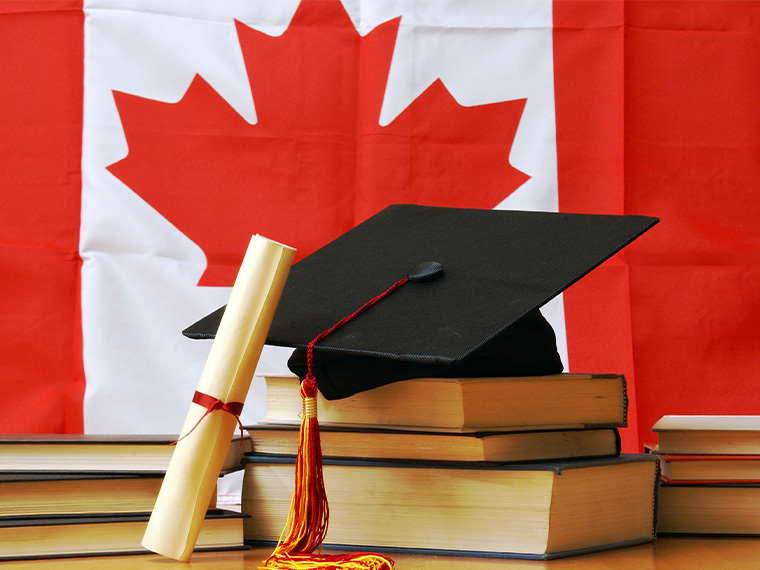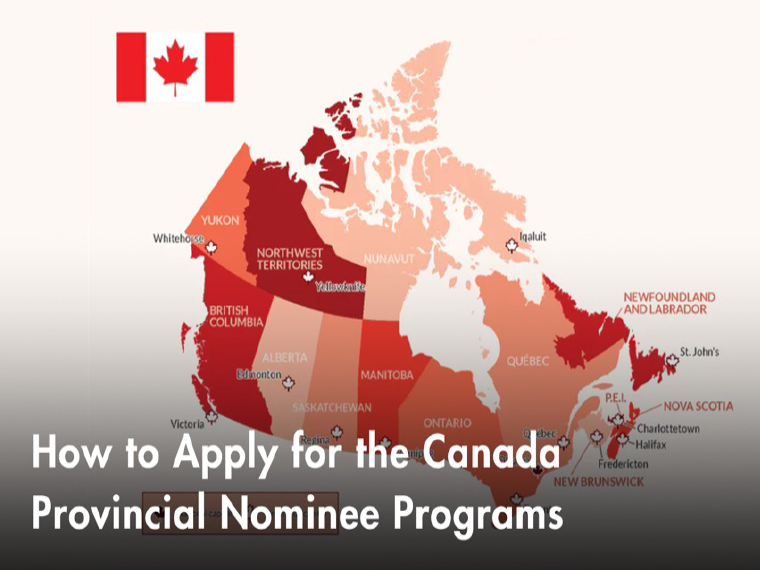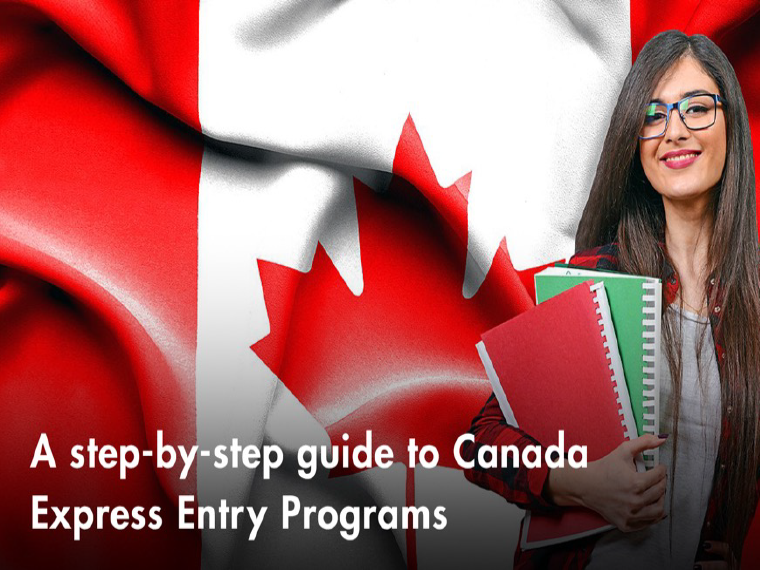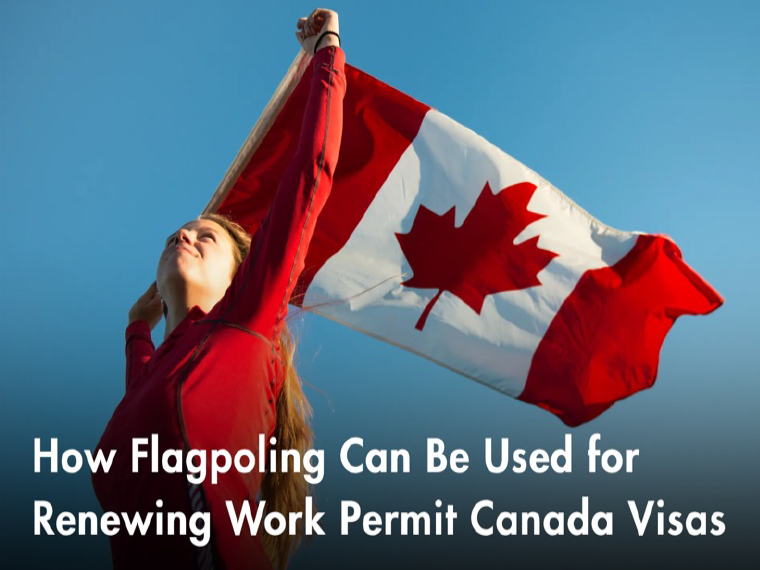
As the leading immigration consultants in Canada with a variety of Immigration programs to suit our client’s needs, we aspire to offer our clients all the necessary information they require prior to a life-changing move to Canada. Education can play a vital role in your family’s life which is why we have shared a comprehensive guide to education in Canada below.
Canadian Education System:
Canada is well-known for its education ranging from Pre-School to Higher Education. It is one of the top destinations for Higher Education for international students due to its popular and well-ranked universities. Canada offers both public and private education to its citizens; allowing individuals to pick the best education system according to their specifications.
Public schooling until University is funded by the government whereas private schooling is funded by parents. Essentially in public schools, the cost per child is low as schools lend the children textbooks and may only need to pay for excursions and extra-curricular activities. The cost for private schools can range anywhere from 4,000 CDN to 26,000 CDN per annum for tuition only. There could be external costs such as textbooks and necessary materials. Private schools are also more selective in their admission process where children need to undergo entrance exams and interviews.
You will need specific documentation to enrol your child in a public or private school. These required documents can vary depending on the school. Typically, you will need your child’s: Birth certificate, Proof of Guardianship, Proof of residency, Application form, Former School Records, and any standardised test results.
Day-care, Pre-School & Kindergarten:
Day-Care and Pre-School are not funded by the Canadian government as it is not mandatory; only private institutions offer this service for children. Kindergarten is Mandatory in the following three Canadian Provinces: British Columbia, Prince Edward Island, and New Brunswick.
Primary School and High School:
Your child will be assessed and admitted into the appropriate level of education within Primary or High School; this will be standard across Public and Private schools. In Primary School, the children will have a creative “hands-on” approach to learning. The core subjects will range from Maths, Science, History, Geography and Civics. Throughout High School, subjects will be more specialised with a variety of tests and assignments to complete through the course of the year. Students will also be required to pass provincial exams in order to graduate and move forward with their education.
International schools are available across Canada offering curriculums such as International Baccalaureate, UK Curriculum, US Curriculum. The education in these schools can vary along with the price. International schools are known for being a more expensive alternative to education for children.
University:
Across Canada, you will find some of the world’s best universities for a multitude of degrees and education paths. You can find below a list of the top universities according to QS World University Ranking 2019.
- University of Toronto
- McGill University
- University of British Columbia
- University of Alberta
- McMaster University
- University of Montreal
- University of Waterloo
- Western University
- University of Calgary
- Queen’s University
Every case is different and especially if you just emigrated to Canada or you are about to do this soon. For this Vazir Group offers you a full consultancy package directly in our office in Canada. If you wish to speak to any of our Immigration specialists about our Immigration programs to Canada or any other relevant information, kindly contact us right away: https://vazirgroup.com/apply. One of our specialists will be in touch with you to answer all your questions.





